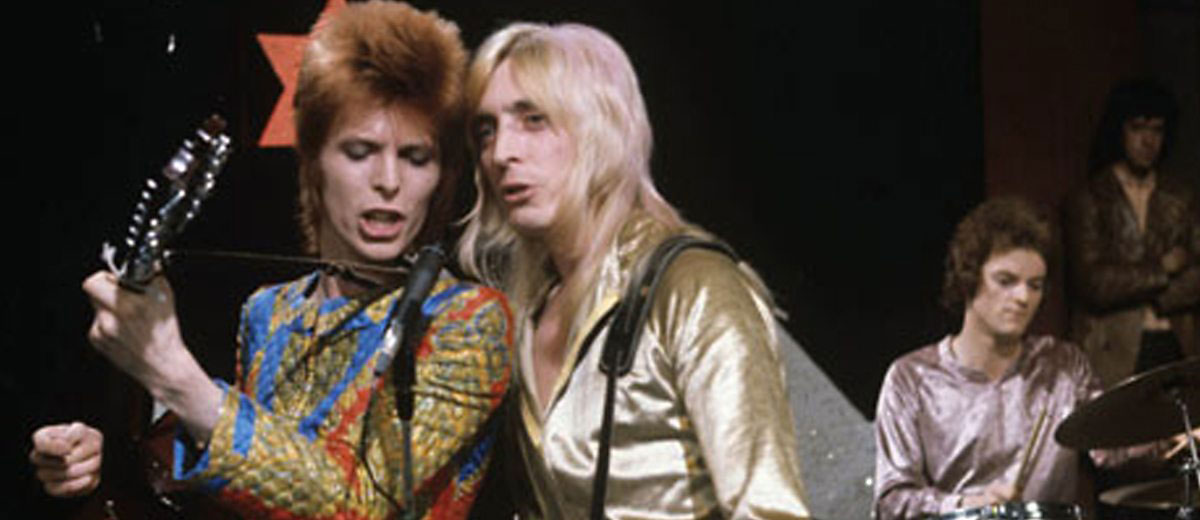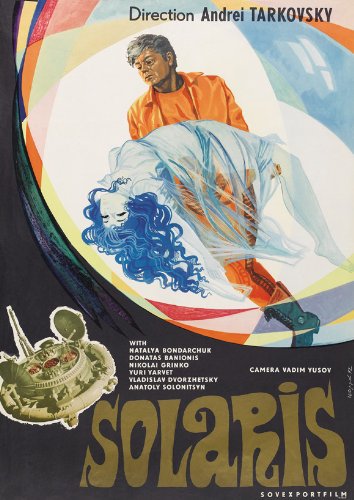Just over a year on from David Bowie’s tragic and unexpected death and more people than ever are discussing how the music icon stepped onto the stage as Ziggy Stardust in 1969 and rewrote the rulebooks forever.
The legendary singer did so much more than write some of the most iconic songs in music history; Bowie is also remembered for redefining sexuality for generations of people.
Many individuals who identify as LGBTQ+ have previously cited Bowie as the reason for feeling comfortable in their own skin and being able to express themselves in the way they truly are and see fit.
The start of the sexual revolution came in the 70s when Bowie revealed to the world he was gay while on the cusp of fame. In 1972 he declared: “I’m gay, and I always have been.” Later that year 700 people walked from Trafalgar Square to Hyde Park in the first Gay Pride march.
Attitudes to sexuality were fast-paced and changing swiftly and Bowie was at the forefront of a new-found tolerance, especially as homosexuality had been legalised just a few years earlier.
In another interview with Playboy magazine in 1976, Bowie continued to push boundaries further, saying: “It’s true – I am a bisexual. But I can’t deny that I’ve used that fact very well. I suppose it’s the best thing that ever happened to me.”
At the time he was labelled as a ‘bisexual androgynous alien rockstar’ but it was this that helped propel the singer into much greater success than anyone could have ever imagined.
One particularly iconic moment (at the time) was Bowie’s appearance on Top of the Pops. As 14 million people looked on, they saw as he put his arm round his guitarist Mick Ronson and the two shared an ‘intense’ moment. It may not seem particularly ground-breaking now in 2017, but in the 70s this was a watershed moment for countless young people who were battling with their sexuality.
Dylan Jones, editor of GQ magazine, was liberated by Bowie’s open-minded approach to sexuality and said: “He was a dangerous figure on British TV at a point when television didn’t do danger.
“41 years ago, it was an extraordinary experience. It didn’t immediately fill me with gay longings – though with some people it did. But nothing was quite the same afterwards.”
Similarly, Mark Radcliffe who was then a 14-year-old student in Bolton expressed his wonder and awe at how Bowie and Ronson had “arrived from another planet where men flirted with each other, made exhilarating music and wore Lurex knee socks.”
The emergence of Bowie and his ‘alternative’ sexuality helped the world to come to terms with accepting those individuals who didn’t conform to heterosexuality.
As a superstar and revolutionary icon, he pushed the boundaries of what was and wasn’t acceptable and helped others to gain the courage to express themselves. Bowie made it seem okay to be different for the first time and thus offered a beacon of hope to those who needed it most.





